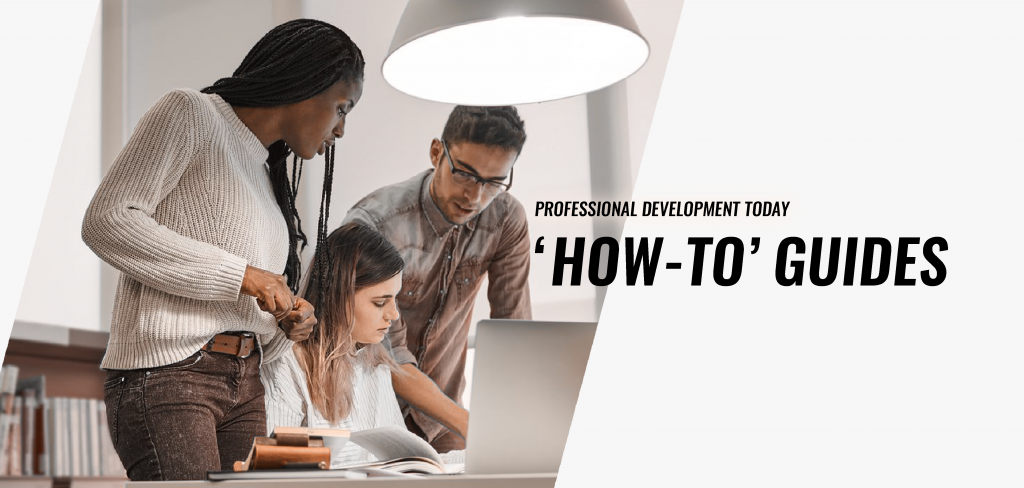
What is this article about?
This guide is about using questions in different ways throughout the research process. It aims to provide:
- an overview of the uses of questions in research
- different types of questions and how to use them
- questions to avoid or use with caution
- guidance on question wording and sequencing
- links to further sources of information.
Why focus on questions?
I know that many readers will be contemplating their School Evaluation Forms and wondering what evidence to provide. Gathering the views of pupils and parents can be particularly challenging, and a good quality self-evaluation depends on asking the right questions. This article aims to help you think about some of the issues involved in asking questions, whether for self-evaluation or a broader investigation.
Doing research is a wonderful excuse for nosiness: it gives you permission to ask questions of complete strangers and their answers provide a fascinating insight into another world. But asking questions is an art-form in itself. There is nothing more frustrating than getting to the end of a research project and realising that you asked too many of the wrong questions and not enough of the right ones. It is for this reason that I thought it might be useful to focus on questioning as a fundamental part of the research process.
When do you use questions in research?
The most obvious use of questions in research is during data collection. But questions provide the key to every stage of the research process, from deciding what you are going to research, right through to sharing your results (see Table 3.1).
As Mark Rickinson pointed out in his HOW TO contribution, once you have decided what you want to research, the next step is to identify your key research questions. In many ways, your research questions form the backbone of the research, as you should return to them to help make decisions about your design, sample, data collection and analysis.